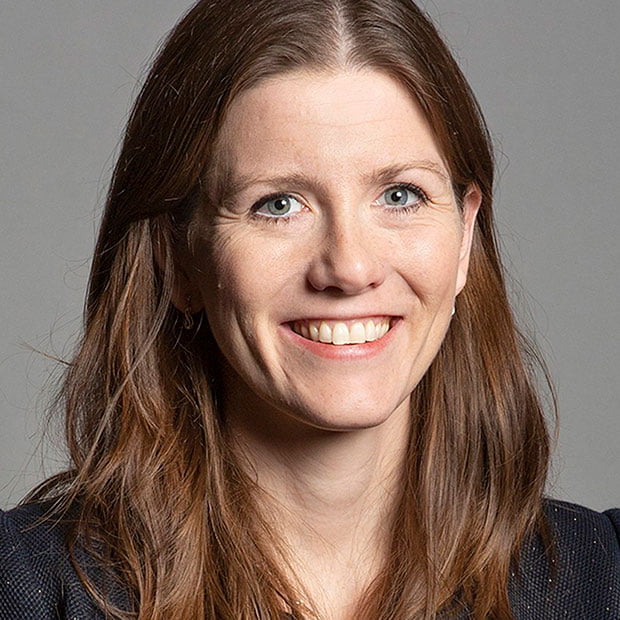Michelle Donelan replaces outgoing UK culture and media secretary Nadine Dorries
New UK prime minster Liz Truss has appointed Michelle Donelan as secretary of state for digital, culture, media and sport following Nadine Dorries’ resignation earlier this week.

Michelle Donelan
Donelan becomes the 11th person to hold the role in as many years at the department, which is responsible for government policy relating to broadcasting, the internet, the creative industries and sport.
The role has been the subject of intense scrutiny over the past year as the ruling Conservative Party pursues the controversial privatisation of the commercially funded UK public broadcaster Channel 4 and considers the future funding model of the BBC.
The bosses of more than 700 UK production companies last week signed a letter to Truss and Rishi Sunak as they fought it out to be named the country’s next prime minister, demanding a rethink over the planned privatisation of Channel 4.
Donelan has represented the constituency of Chippenham since 2015 and is the shortest-serving cabinet member in British history after spending less than 36 hours in the role of secretary of state for education from July 5 to July 7 this year.
Her appointment as education secretary came in the wake of a large number of resignations from Boris Johnson’s cabinet before she also decided to resign following a succession of damaging revelations about Johnson’s behaviour and decision-making.
Donelan, who voted for the UK to remain in the European Union in 2016, replaces the gaffe-prone Dorries, who had held the position for just under a year and was reportedly offered the chance to remain in the job, having backed Truss’s campaign to become prime minister.
However, the former I’m a Celebrity… Get Me Out of Here! contestant and Johnson loyalist is set to return to the backbenches after deciding to step down, marking the end to an eventful and controversial tenure as culture secretary.
This included overseeing the closure of the Young Audiences Content Fund, much to the despair of the industry, freezing the BBC’s annual licence fee at £159 (US$183) for the next two years and ploughing ahead with hugely unpopular plans to privatise C4, whilst seemingly unsure about how it is actually funded.
Research has shown that UK voters are, in the main, against the privatisation, leaving commentators to suggest the government is targeting C4 as an act of revenge for coverage of the administration by Channel 4 News.
Dorries at one stage seemed to be labouring under the misapprehension the channel was in receipt of money from taxpayers, when in fact it is funded entirely by its commercial activities.
When trying to explain the logic of privatisation to a parliamentary select committee in November, she said: “It’s right that a public service broadcaster, in the rapidly changing digital environment that we’re in at the moment… I think the longevity and the future of that broadcaster should be brought into question and should be, particularly when it’s in receipt of taxpayers’ money. It is our responsibility to evaluate whether taxpayers are receiving value for money and whether that model is sustainable in the future.”
Channel 4 is commercially funded, and at the launch of its 2020 report was running at a financial surplus of £74m (US$103m). It is not in receipt of taxpayers’ money or a licence fee. When this was pointed out to Dorries, she simply replied: “And… so, although it’s… yeah… and that.”













.jpg)




























